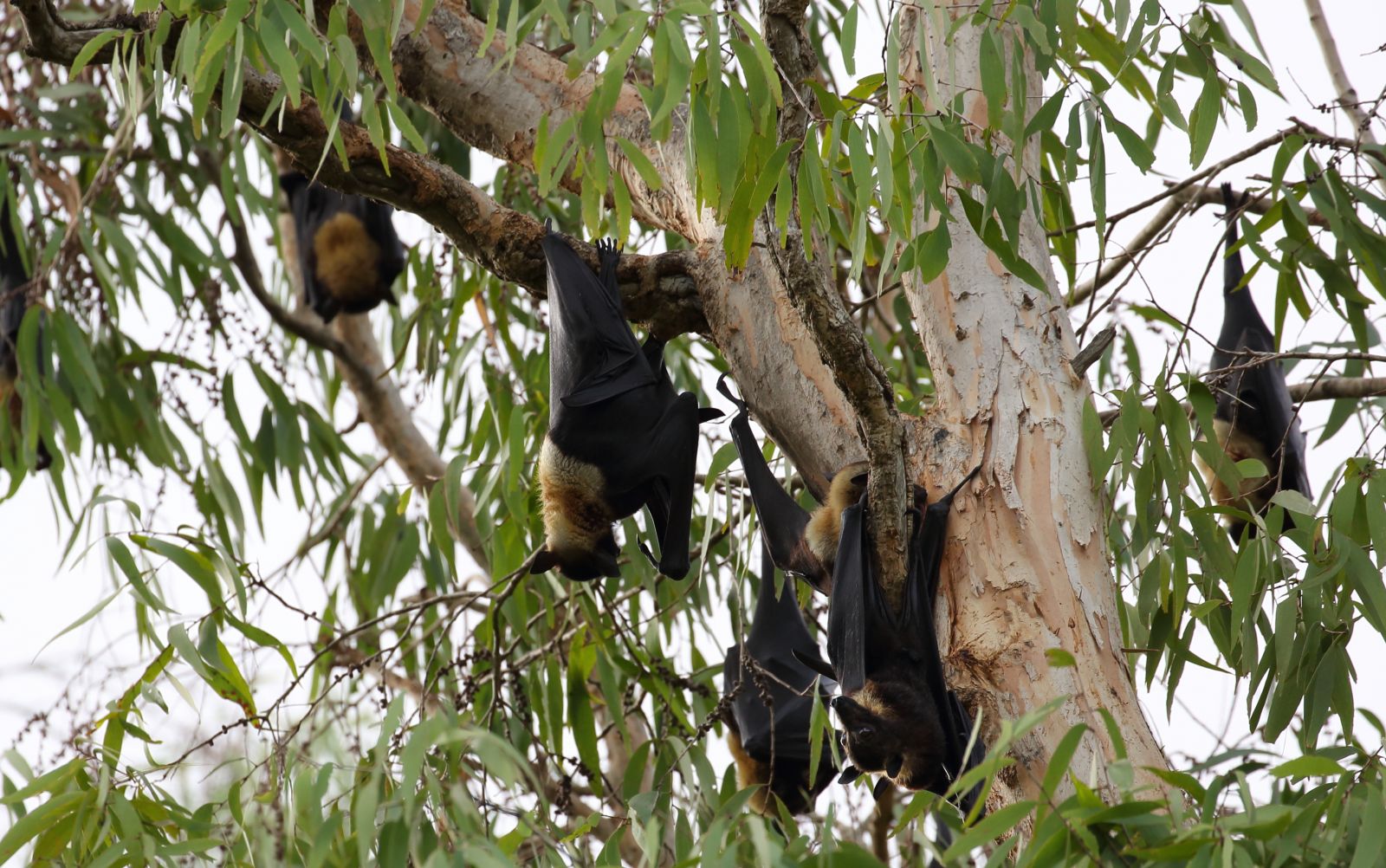


James Cook University (JCU) researchers are calling for urgent government support to protect the spectacled flying-fox from extinction as new and escalating threats push the species closer to the brink.
Despite their reputation as noisy and messy neighbours, spectacled flying-foxes play a vital role in the survival of Australia�E��E�E���E��Es rainforests, travelling vast distances to pollinate flowers and spread seeds at levels unmatched by any other species.

JCU-led research researchers calls for urgent government support to protect the spectacled flying-fox from the threat of extinction (Photo Supplied)
�E��E�E���E��E
>airloch Mill. This mileston
>>